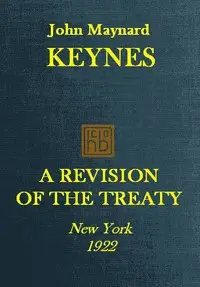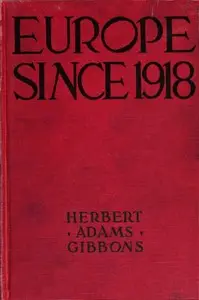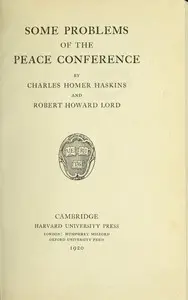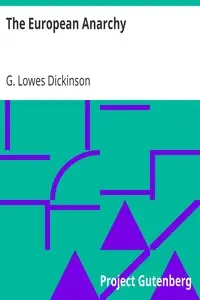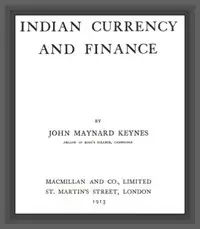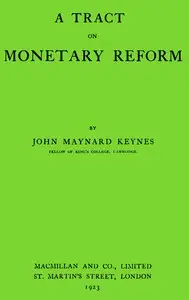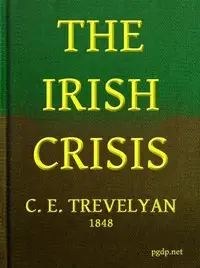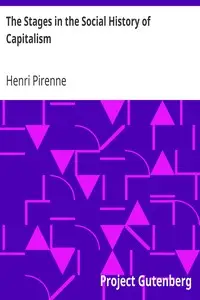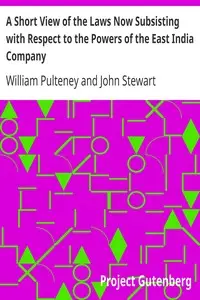"The Economic Consequences of the Peace" by John Maynard Keynes is a sharp look into the economic and political scene after World War I. It's all about what the Treaty of Versailles could mean for Europe, especially how it might hurt Germany's economy creating suffering. The book kicks off by dropping the reader right into the middle of the Paris Peace Conference, led by someone who really saw how shaky things were on the ground. It points a finger at the Allied powers, like France and Britain, suggesting they weren't helping matters with the tough conditions set in the peace deal because the decisions made during the peace talks could make things worse instead of better, which adds a pressing feeling that Europe’s future is on the line.
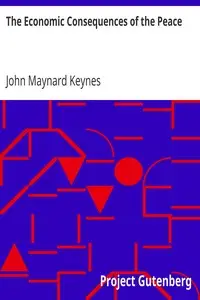
The Economic Consequences of the Peace
By John Maynard Keynes
Witness how decisions made after a global conflict could sow the seeds of economic disaster and political instability across a continent.
Summary
About the AuthorJohn Maynard Keynes, 1st Baron Keynes, was an English economist and philosopher whose ideas fundamentally changed the theory and practice of macroeconomics and the economic policies of governments. Originally trained in mathematics, he built on and greatly refined earlier work on the causes of business cycles. One of the most influential economists of the 20th century, he produced writings that are the basis for the school of thought known as Keynesian economics, and its various offshoots. His ideas, reformulated as New Keynesianism, are fundamental to mainstream macroeconomics. He is known as the "father of macroeconomics".
John Maynard Keynes, 1st Baron Keynes, was an English economist and philosopher whose ideas fundamentally changed the theory and practice of macroeconomics and the economic policies of governments. Originally trained in mathematics, he built on and greatly refined earlier work on the causes of business cycles. One of the most influential economists of the 20th century, he produced writings that are the basis for the school of thought known as Keynesian economics, and its various offshoots. His ideas, reformulated as New Keynesianism, are fundamental to mainstream macroeconomics. He is known as the "father of macroeconomics".

